Record number of candidates begin election campaign in Iran
Candidates running for seats in Iran's legislature for a four-year term have launched their election campaigns, one week ahead of polls.
Voters are due to cast their ballots on March 1 to pick new members of Iran's parliament, as well as the Assembly of Experts. The new parliament will convene in late May.
Some 15,200 candidates have been approved by jurists in charge of the vetting process to compete for the legislature's 290 seats, a record figure since the 1979 Islamic Revolution.
According to Interior Minister Ahmad Vahidi, the ground has been prepared for a real competition among groups with different tastes and political inclinations.
He said candidates and their supporters should observe the legal frameworks of the elections, calling on them to conduct campaigning with full discipline and refrain from debasing other candidates.
Journalist Maziar Khosravi said most of the candidates, particularly in small constituencies, are doctors, engineers, civil servants, and teachers who are not affiliated with any political group.
On Wednesday, the Guardian Council sent the names of the qualified candidates to the interior ministry, which holds the election.
The candidates include 1,713 women, which is more than double the 819 who competed in 2020. In the Tehran constituency, 3,545 candidates are competing for seats.
Current parliament speaker Mohammad Bagher Qalibaf will run for election from his hometown, a constituency in the remote northeast, after winning a seat in the capital Tehran four years ago.
In a simultaneous election, 144 clerics will compete for the 88-seat Assembly of Experts that functions as an advisory body to the Leader of the Islamic Revolution. Their term of service is eight years.
Under Iran’s constitution, the assembly monitors the country’s leader and chooses his successor.
Incumbent assembly member President Ebrahim Raeisi will seek re-election to the assembly in a constituency in South Khorasan province.
The last parliamentary elections were held in 2020 on the backdrop of public anger over the US assassination of anti-terror icon Lieutenant General Qassem Soleimani.
Leader of the Islamic Revolution Ayatollah Ayatollah Ali Khamenei said on Sunday everyone should participate in the elections.
"It is important to choose the best person, but the priority is for people to participate," he said.
The Leader said political differences should not affect the national unity of the Iranian nation against the enemies.
“Elections are the main pillar of the Islamic Republic. The way to reform the country is elections.”
By participating in the elections, the Iranian people “turn all kinds of conspiracies, seditions and terrorist acts of the enemies into security”, Intelligence Minister Esmaeil Khatib said on Thursday.
“Their participation in the elections produces sustainable deterrence. Our dear people know that participation in the elections creates security,” he said.
Swiss to act as venue of next round of Iran-US talks: Report
Report: Over 50,000 soldiers fighting in Israeli military hold foreign citizenship
Danish PM warns US attack on Greenland would spell end of NATO
Power running out at key Gaza hospital, ICU patients at risk: Report
VIDEO | Press TV's news headlines
‘Speaking truth is her crime’: Netizens rip into European allies of Israel for targeting Albanese
Russia reaffirms support for Iran’s sovereignty amid rising US threats
VIDEO | 3,000 bodies of Palestinians ‘evaporated’ as Israel used banned weapons in Gaza


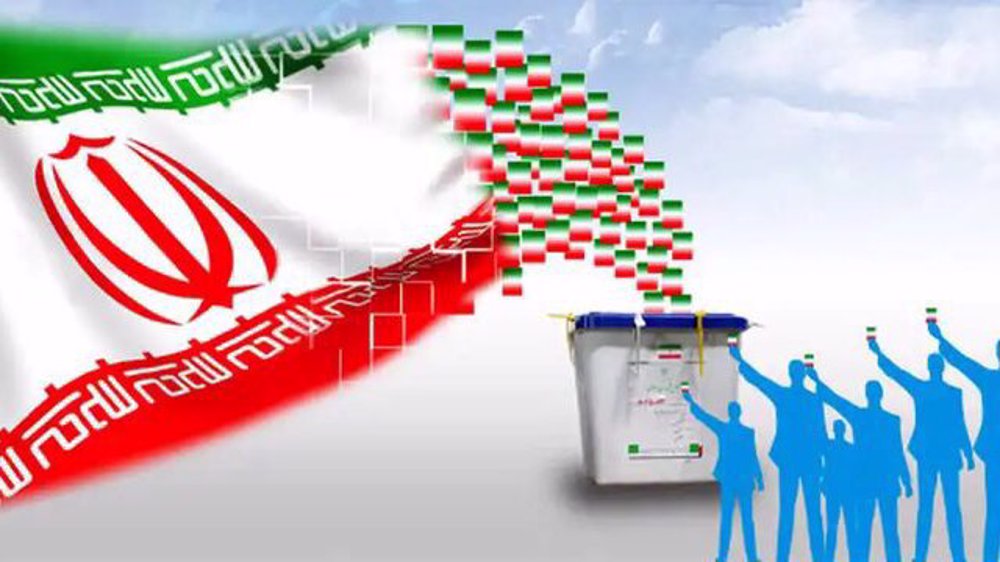
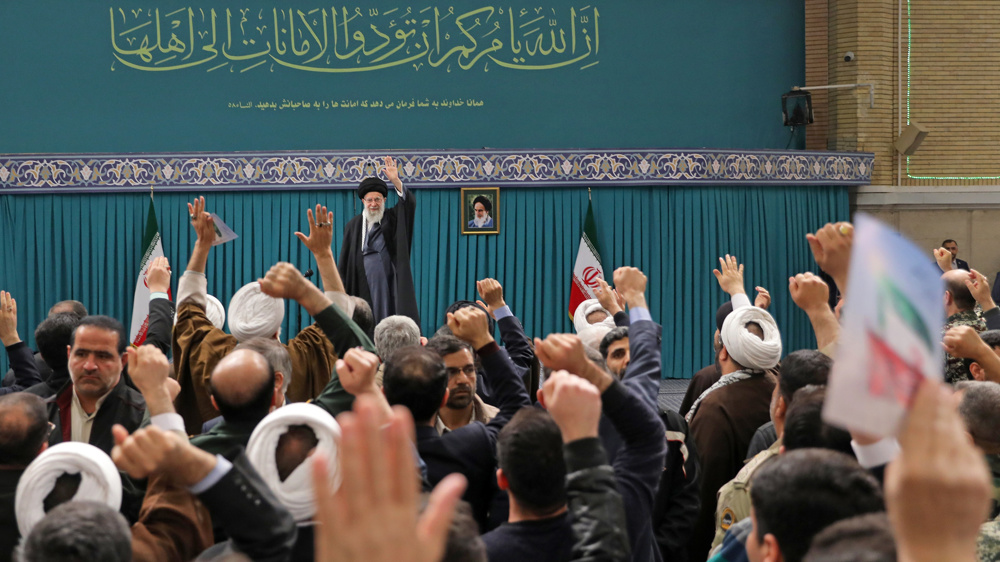
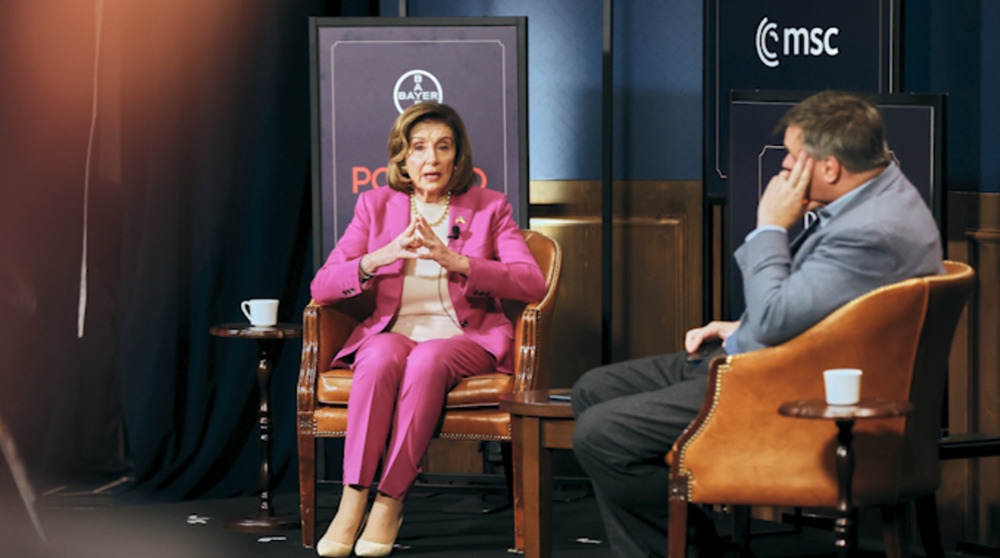
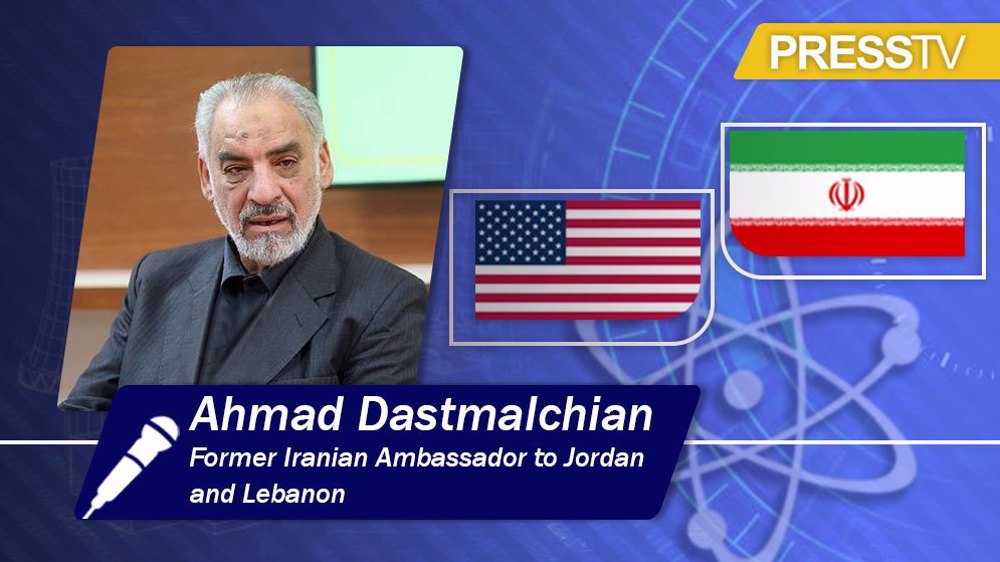
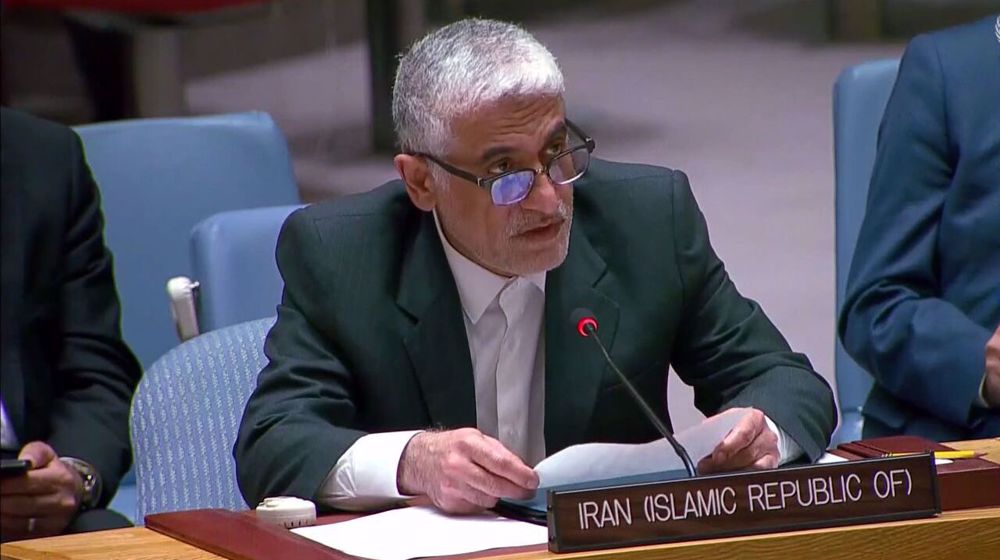




 This makes it easy to access the Press TV website
This makes it easy to access the Press TV website